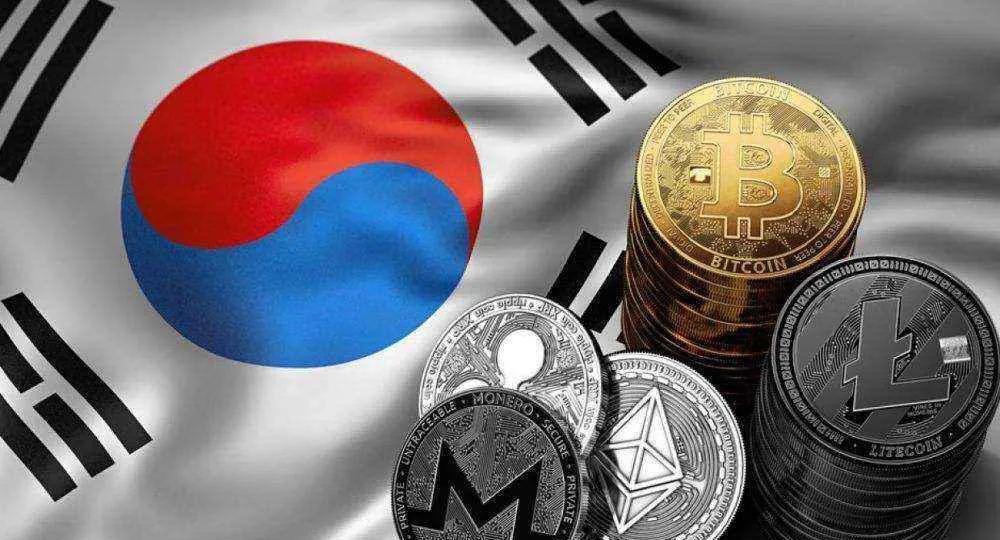
The reason why the Bank of Korea's interest rate hike has attracted much market attention is that it is one of the important economies in East Asia, to be precise, because East Asia and Southeast Asia are the most important manufacturing and processing areas in the global industrial chain, and South Korea is in an important division of labor in it.
Normally, interest rate hikes are related to overheating and inflation, especially in countries like South Korea that have made their fortunes on the real economy.
But in fact, we see that neither the economic growth nor the inflation rate in South Korea is obvious at present, and the expected values for 2021 are 4% and 2%, respectively.
This shows that it must be because of some other reason that the Bank of Korea has to make this decision, because the interest rate hike has a greater adverse impact on economic repair, the Bank of Korea must have seen something, and the balance between the two evils is the lesser.
The only concessions that can make a country abandon economic growth are the potential risks that arise within the financial system.
That is, the Fed's balance sheet reduction may begin soon, the largest policy target employment rate of the dollar easing shows strong growth, and the non-farm payrolls data in June and July show that according to this momentum, the Fed's balance sheet reduction standard will be reached in the fourth quarter, when it is certain that a large amount of overseas funds will return to the United States, and emerging market economies, including South Korea, will be under great pressure.
It is said that South Korea should not be too worried, because the surge in domestic demand in the United States has also driven its current account surplus, and South Korea achieved a surplus of $44.34 billion in the balance of payments current account in the first half of this year, a sharp increase of 132.9% year-on-year.
But on the other hand, South Korea's national debt has increased by more than 25% in 2020, and the ratio of household debt to GDP has reached 90.3%. Meanwhile, south Korean stocks have risen by more than 20 percent on average, while seoul house prices have risen 90 percent in recent years.
In addition, South Korea's population has seen a net decline in 2020, following in Japan's footsteps into an aging society.
Imagine if South Korea's foreign trade surplus declines sharply in the future, and the Fed's balance sheet reduction triggers the flight of funds, which will directly lead to the financial imbalance between income and debt. What is it likely that South Korea will experience? Yes, the 1997 financial crisis is another one, and "The Day the Nation Goes Bankrupt" is another one.
In the eyes of international financial capital, countries and regions that rely on high-end production and manufacturing and have financial imbalances are simply a piece of fat to be harvested.
Don't say it's impossible. The consumption data of the United States has slowed down and the speed is amazing, coupled with the superposition of various supply chain misconstitution factors, the global foreign trade dividend period is disappearing, how long can South Korea's trade surplus be maintained?
So South Korea's interest rate hike is motivated by concerns about domestic financial imbalances, and this concern goes far beyond concerns about downside risks to the economy.
But will a rate hike solve the problem? My answer is, no. The Bank of Korea rushed to advance the amount before the Fed reduced its balance sheet, in order to retain capital, delay time and alleviate contradictions.
However, if the income-debt structure cannot be effectively adjusted during this period and the balance can be achieved, the final outcome is to enter the "Minsky moment", continuously raise interest rates, trigger the collapse of domestic asset prices, more serious capital flight, and finally currency depreciation, into crisis, international capital intervenes, and the harvest is completed.
So how does China, east Asia's largest economy, feel?